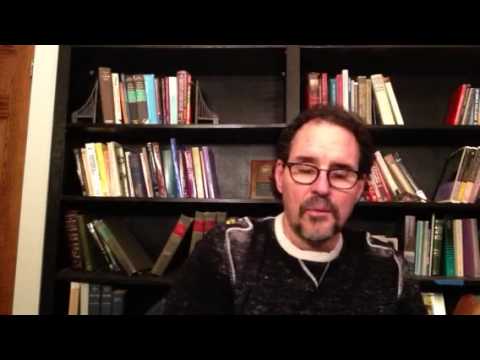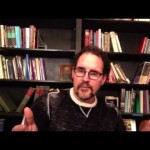We run our website the way we wished the whole internet worked: we provide high quality original content with no ads. We are funded solely by your direct support. Please consider supporting this project.

Free Will: Is it a coherent concept?
Greg is going to be spending the next several blogs talking about the idea of free will. In this first reflection, he discusses whether it is coherent to speak of a decision that is not determined or exhaustively caused.
Category: Q&A
Tags: Calvinism, Determinism, Free Will, Open Theism, Philosophy
Topics: Free Will and the Future, Providence, Predestination and Free Will
Related Reading

The God Who Over-Knows The Future
God perfectly knows from all time what will be, what would be, and what may be. He sovereignly sets parameters for all three categories. His knowledge of what might occur leaves him no less prepared for the future than his knowledge of determined aspects of creation. Because he is infinitely intelligent, he does not need…

What is the significance of Acts 27:10-44?
This is the passage deal with Paul’s ill-fated voyage to Italy as a prisoner. The ship ran into very bad weather and Paul announced, “Men, I can see that our voyage is going to be disastrous and bring great loss to ship and cargo, and to our own lives also” (vs. 10). As he reminded…

Sermon Clip: Escaping the Twilight Zone God
In this sermon clip from Woodland Hills Church, Greg Boyd discusses how in an episode of the Twilight Zone, a young boy gained omnipotent powers, and people were forced to accept his every decision as good—or else. In the full sermon, Greg shows how many people view God this way, and he opens up another…

What about the Gospel of John and Calvinism?
Question: The Gospel of John seems to teach that people believe because God draws them, rather than that God draws people because they believe. If this is true, how can you deny the Calvinistic teaching that salvation is based on God’s choice, not ours? Answer: As you note, many people find support for the view…

Free Will: An Aesthetic Model
Greg continues his thoughts on free will by offering an aesthetic model for free will. This one gets pretty philosophical, but it’s worth toughing it out.

Open Theism Timeline
Open Theism Timeline by Tom Lukashow An argument that is frequently raised against the open view is that it is a recent innovation. Paul Eddy had discovered Calcidius, a fifth century advocate, and I and others knew of L.D. McCabe and Billy Hibbard, two 19th century advocates. But that was about it – until I…
